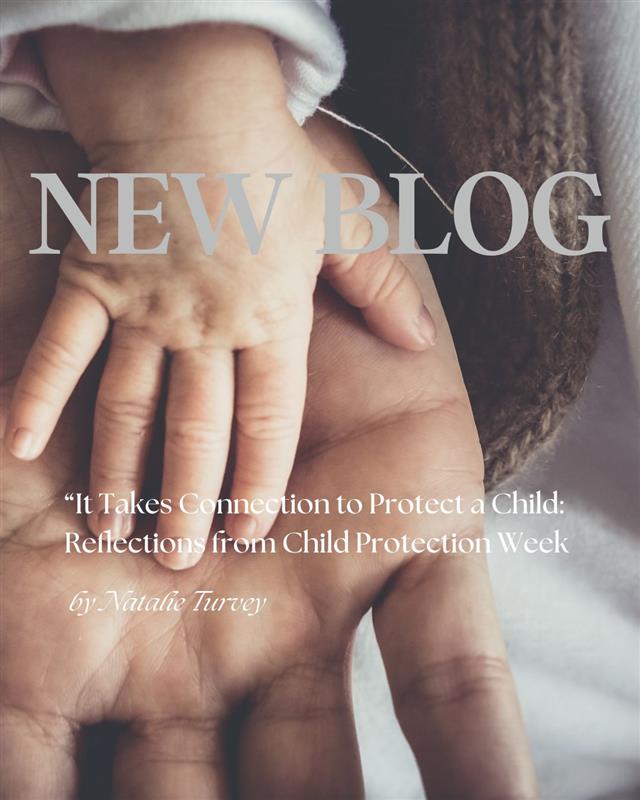Last month, I attended a seminar hosted by Dr Kate Owen called ‘Understanding your Teenager’. Dr. Owen discussed practical and useful information regarding how to communicate effectively with teenagers, as well as information regarding how the teenage brain works.
There are two crucial times in your child’s life when they require your attention the most – the first 3 years of life and the adolescent years. However, your child requires different types of attention in these two periods. In the first 3 years, they require you to help them develop basic learning and cognitive skills. In their teenage years, your child requires emotional support and guidance. The teenage years are a time for learning values, developing personal characteristics and a sense of ‘Who Am I?’. All of this is critical for who they will develop into as an adult.
Although your teenager may be looking and trying to act more like an adult, their brain is far from being a fully developed adult brain yet. In fact, the brain does not fully mature until the age of 25 (on average). During the teenage years, the ‘thinking’ part of the brain shuts down to re-wire itself for roughly 3 years. Therefore, the ‘emotional’ part of the brain (the amygdala), which is connected to impulses, emotions and, aggression, takes over. This is the same brain of the brain which is dominant that your child from the ages of 3-7 years old. So those tantrums that happened when your teenager was a child are about to make a comeback!
This ‘emotional’ part of the brain being dominant explains why your teen's behaviour might sometimes seem more erratic or emotional in their adolescent years. The amygdala is on high alert but lacks a filter for reasoning. So, if you have a blank, expressionless face, your teenager may interpret this as hostility or aggression. This is also why your teenager may struggle to express how they are feeling. They could be acting up and you may ask them “What is wrong you?” or “Why are you acting like this?” and they will not have the ability to articulate how or why they are feeling or acting that way.
Every parent is bound to have some difficult times with their teenagers. Here are some tips for effectively improving communication and navigating those difficult times with your teenagers:
- Adjust your expectations: You need to be realistic about what your teenager can emotionally understand. Remember, the reasoning part of their brain is on shut down, so complex decision making and emotional regulation are not their strong suit.
- Communication: Communication is key! Talk to your teenager like you did when they were 3-7 years old, as they are now dominated by that same part of the brain. Give them simple instructions (one thing at a time) and lots of eye contact.
- Body language: Remember that your teenager’s amygdala is on high alert, so they are scanning their environment for ‘danger’. Make sure you have an open and friendly facial expression, tone of voice and body posture.
- Calm the body and mind: Teenagers are better at communicating when they are calm. Try practicing some heart focused breathing techniques to regulate the body.
Heart-focused breathing is about directing your attention to the heart area and breathing a little more deeply than normal. As you breathe in, imagine you are doing so through your heart, and, as you breathe out, imagine it is through your heart. (In the beginning, placing your hand over your heart as you breathe can help you in directing your focus to your heart). Breathe in about 5 to 6 seconds and breathe out 5 to 6 seconds. Be sure your breathing is smooth, unforced and comfortable. Although this is not difficult to do, it may take a little time to become used to it, but eventually, you will establish your own natural rhythm.
If you find that your teenager is agitated and worked up, try going for a walk or throwing a footy with them. This will help to release cortisol and regulate the body.
- Look after yourself: You cannot be emotionally present for your teenager if you are not calm yourself. Remember, your teenager is scanning you, and emotions can be contagious! Make sure that you practice self-care for yourself so that you can have effective communication with your teenager.
If you are struggling with your teenager and would like some more information, call us on 55 207 705 to make an appointment with one of our psychologists. For more information regarding Dr. Kate Owen, visit https://www.drkateowen.com/.


.png)





